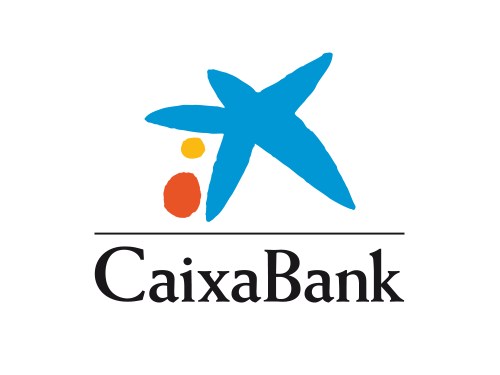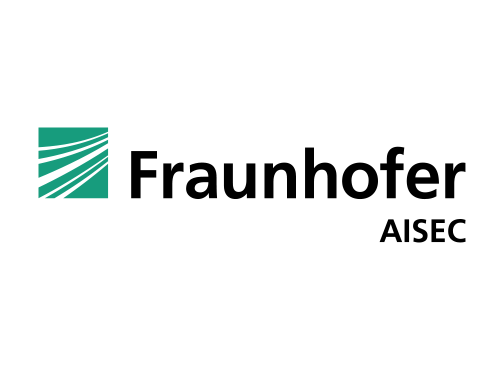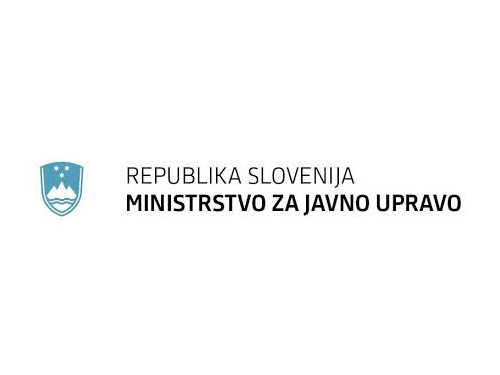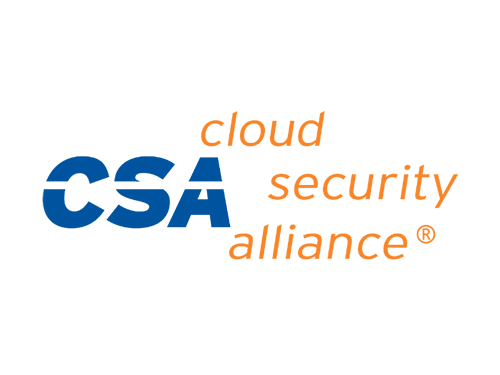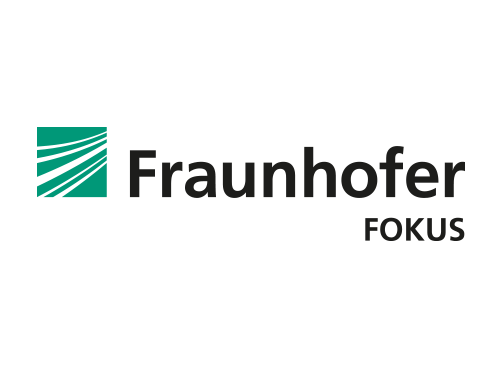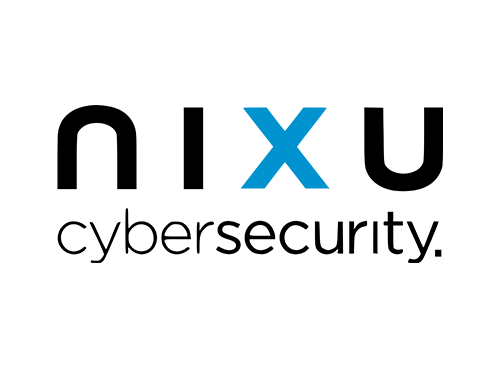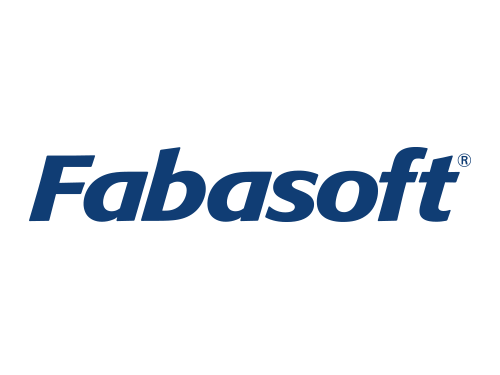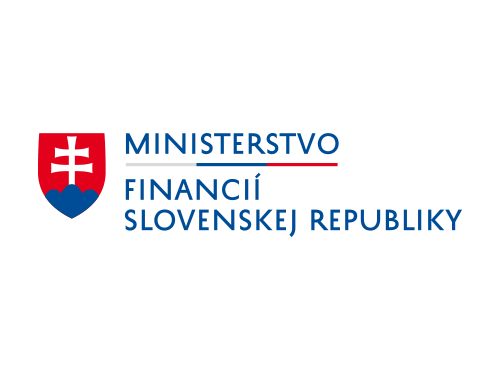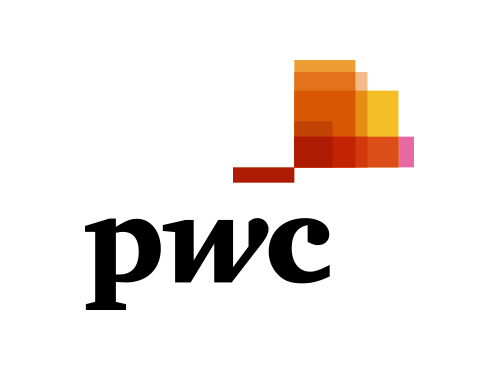The project “European Security Certification Framework” (EU-SEC) aims to create a European framework for certification schemes and evaluation concepts to secure cloud infrastructures. Within this framework, existing national and international certifications can co-exist. EU-SEC will improve the business value as well as the effectiveness and efficiency of existing cloud security certification schemes.
Confused by Cloud Security Certification?
EU-SEC’s Multi-Party Recognition Framework brings clarity, streamlines process & reduces cost of compliance.
More Information
Why use Continuous Auditing Certification?
Continuous Auditing is the breakthrough needed to improve the level of assurance, transparency & trust in cloud services. More Information
Are you a Cloud Service Provider unsure about GDPR requirements for cloud services?
The Privacy Code of Conduct helps you understand your GDPR readiness and demonstrate compliance.
More Information
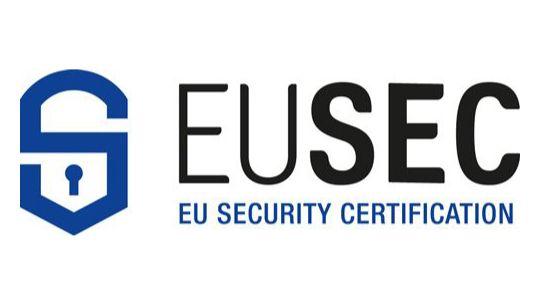
Requirements
The EU-SEC project aims to contribute to the trustworthiness, security and compliance of cloud infrastructures. To achieve this goal, the following requirements must be met:
- Existing national and sector-specific certification schemes must be considered and balanced.
- At the same time, costs of certification for Cloud Service Providers (CPS) must be reduced.
- Certification and evaluation activities that can be handled automatically by machines (e.g. collecting data) should not have to be done manually by humans.
- Accurate and reliable information should be made available to authorized persons using automated means.
Key aspects of the development of the framework
- Automation
- Governance
- Mutual recognition of certifications
- Reusability of already certified components
- Continuous auditing and monitoring
- Reducing the overall duration and cost of cloud certification processes
The EU-SEC project supports the strategy of the European Union implementing the Digital Single Market Strategy, the European Cloud Initiative, the upcoming NIS Directive as well as the General Data Protection Regulation (GDPR).
